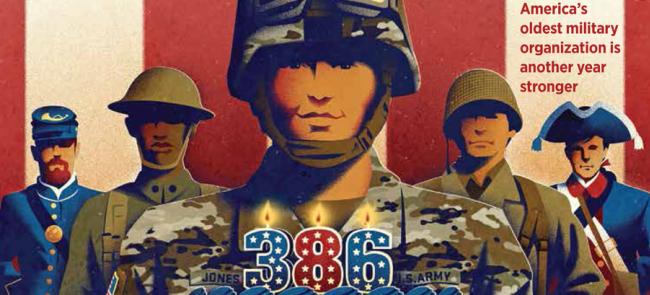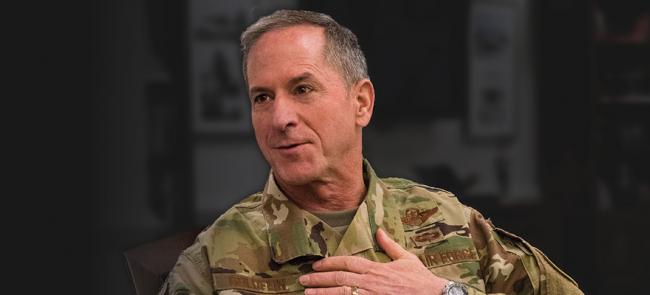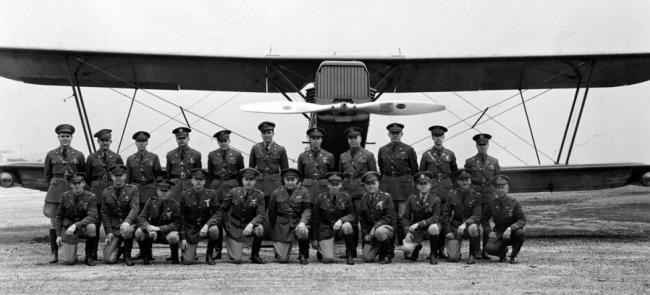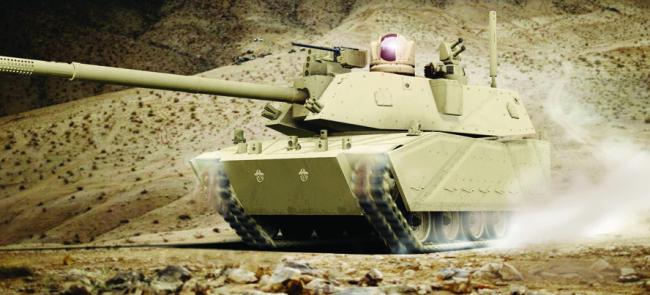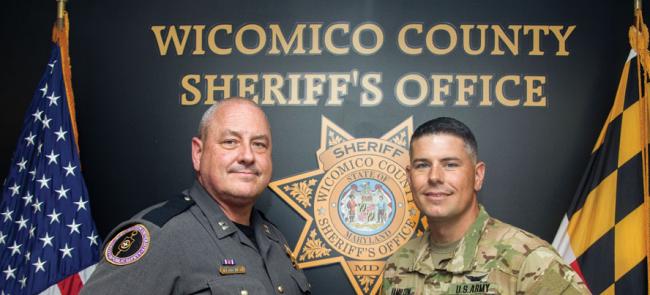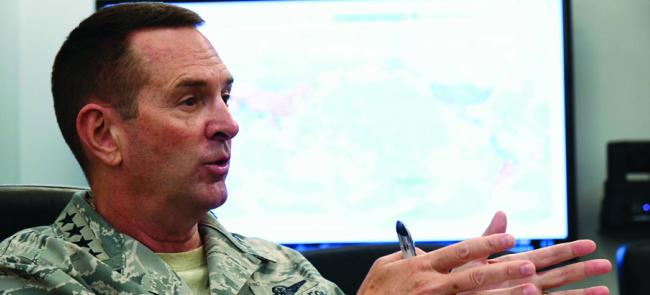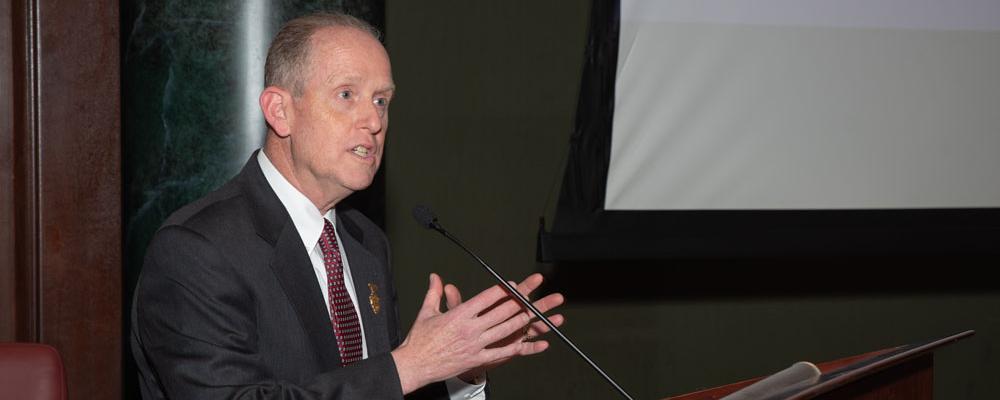
My name's Dunbar and I'm a Guardsman.
It is an honor to be your new chairman and it seems appropriate at this time to introduce myself and provide a few of my thoughts on the National Guard and our association.
I would have done this in my first column last month, but the issue of a possible separate Space Force and the inclusion of the Guard took precedence. NGAUS will continue to advocate for the Guard in space.
I am passionate about our nation, our Constitution and the Guard. Our forefathers’ vision for the nation’s defense has proven to be invaluable. The Guard’s role at the foundation of our nation’s defense endures in our Constitution and congressional action over the years has only enhanced it.
Few outside our force appreciate the difficult balancing act that is serving 20 to 30 years in the Guard.
Maj. Gen. Don Dunbar, the NGAUS chairman of the board
We are also proud members of the Total Force. We are 100 percent American soldier or American airman, but we are more. We are the National Guard. At rest, we are a state military force consistent with our Constitution as we stand ready to mobilize for either state or federal active duty.
Our National Guard is an outstanding force. Nevertheless, we do face challenges, some of which I discussed when I threw my hat in to the ring to serve as your chairman.
We have become an operational National Guard, which I fully support. Clearly, our soldiers and airmen want to be in the fight. But I am concerned about the lack of definition for future Guard personnel. Some leaders have simply decided the traditional, 39-days-a-year model no longer works. Perhaps so. However, if that is the case, we should be clearly articulating this new set of expectations with our families and employers and rely on Congress to change the requisite laws.
We need to get this right. That involves working with the adjutants general, the National Guard Bureau and the services to ensure expectations are understood and all of our stakeholders are committed.
Related to this operational tempo is readiness. This starts with medical readiness and we need to consider TRICARE for all serving National Guard personnel. We should not seek this as an additional benefit, but as a readiness necessity for our soldiers and airmen to meet the new expectations.
TRICARE for all would also assist employers who must be willing to share their employees more often with the National Guard. This could be a win-win.
Full-time manning is another priority. In order to assure the readiness and lethality expected of our operational force, we need sufficient full-time personnel. The Air Guard level of 35 percent is about right to meet current expectations, but we need to increase Army Guard full-time manning to 20 percent.
In addition, the Total Force is in need of equipment recapitalization. Both the Army and Air Force are working acquisition and modernization plans for every component. The National Guard must participate concurrently and proportionally consistent with expectations to be operational.
There are many more issues of importance for our association and for Guard personnel and we will address them together as we move forward.
The concept of serving in the Guard is something of a dichotomy. On one hand, every Guard soldier and airman says to America that on a bad night, you can count on me to drop my modern plowshare and pick up my modern musket.
On the other hand, few outside our force truly appreciate the difficulties of serving 20 to 30 years in the Guard. Balancing family, civilian careers, deployments, professional development and community service is a significant challenge.
Explaining all of this is my responsibility and I promise to do my best.
I’m passionate about our nation, the Constitution and the National Guard. What a privilege it is to be your chairman. Thank you for the opportunity.
The NGAUS chairman can be reached via ngaus@ngaus.org.

